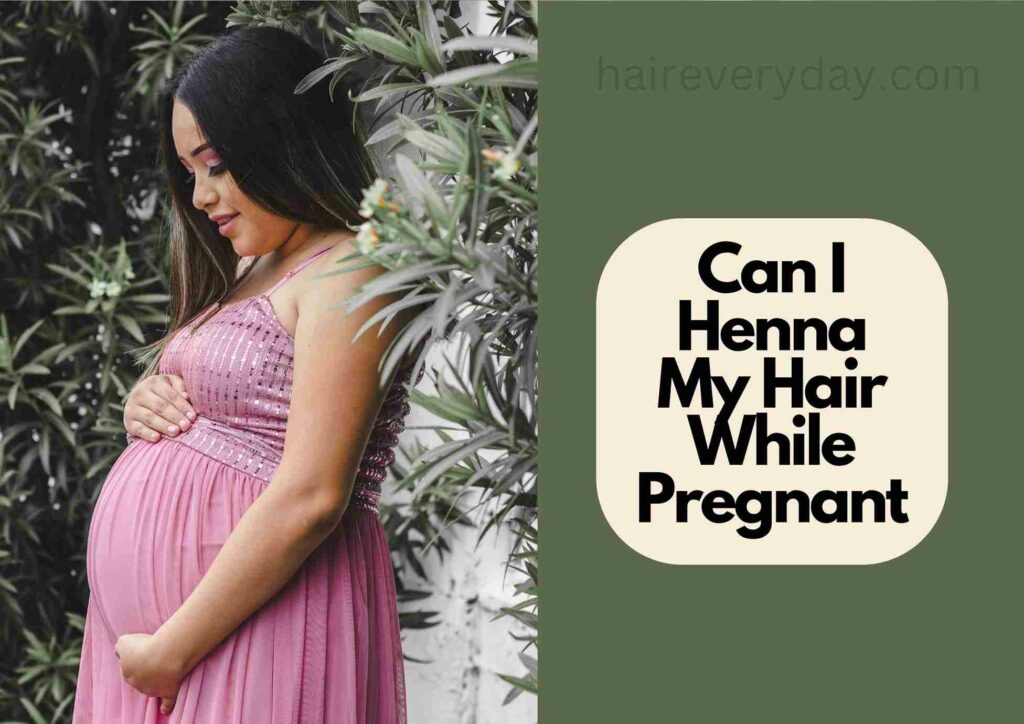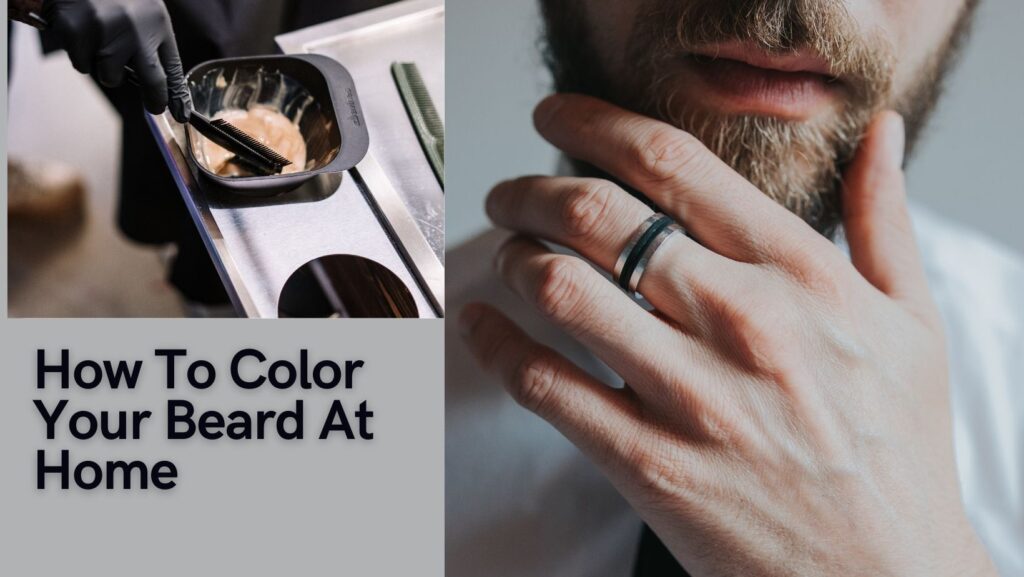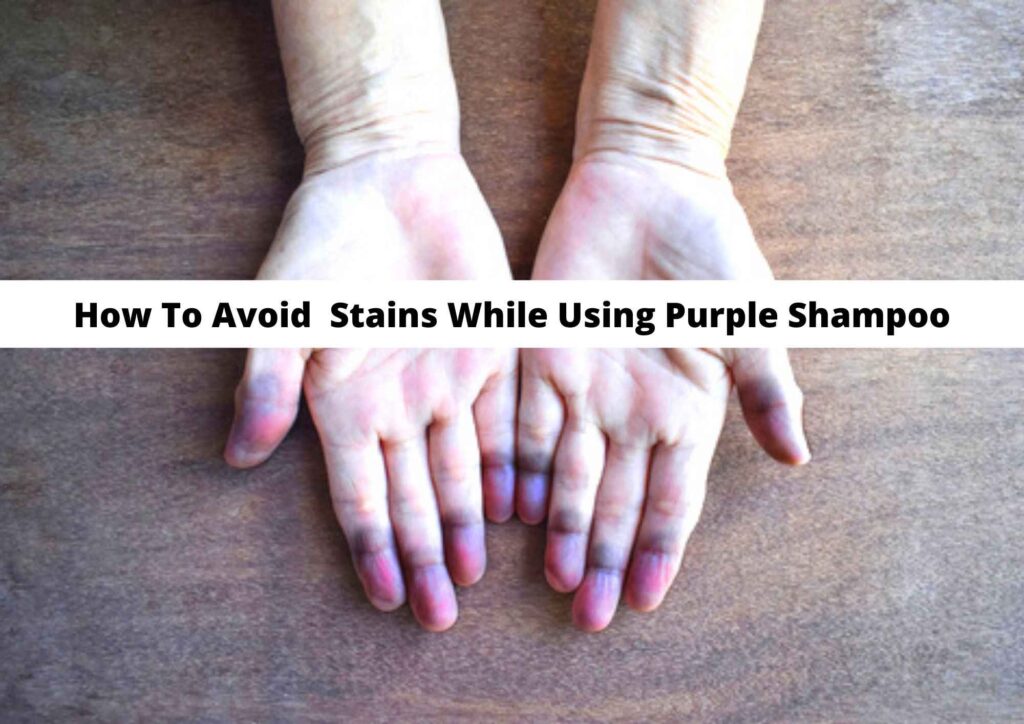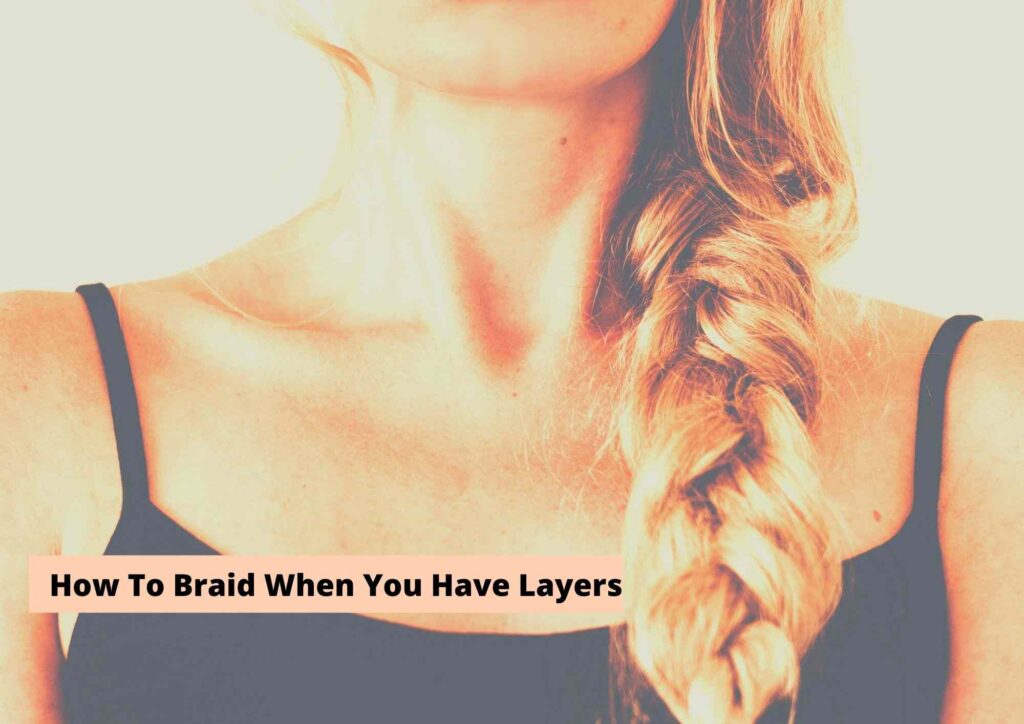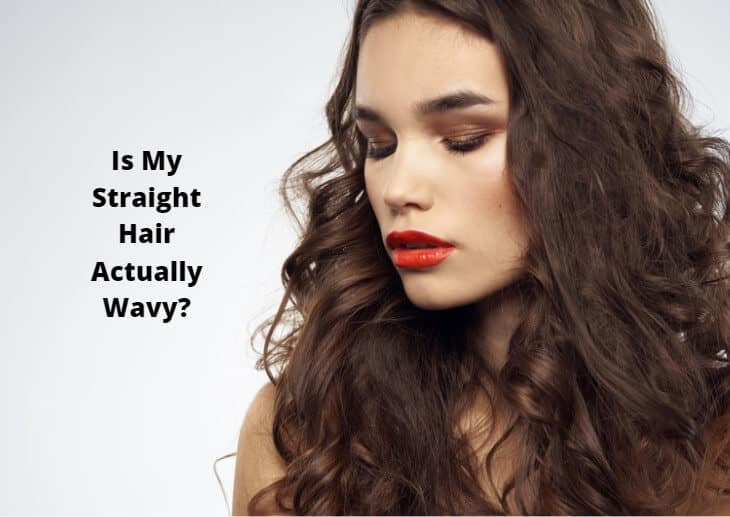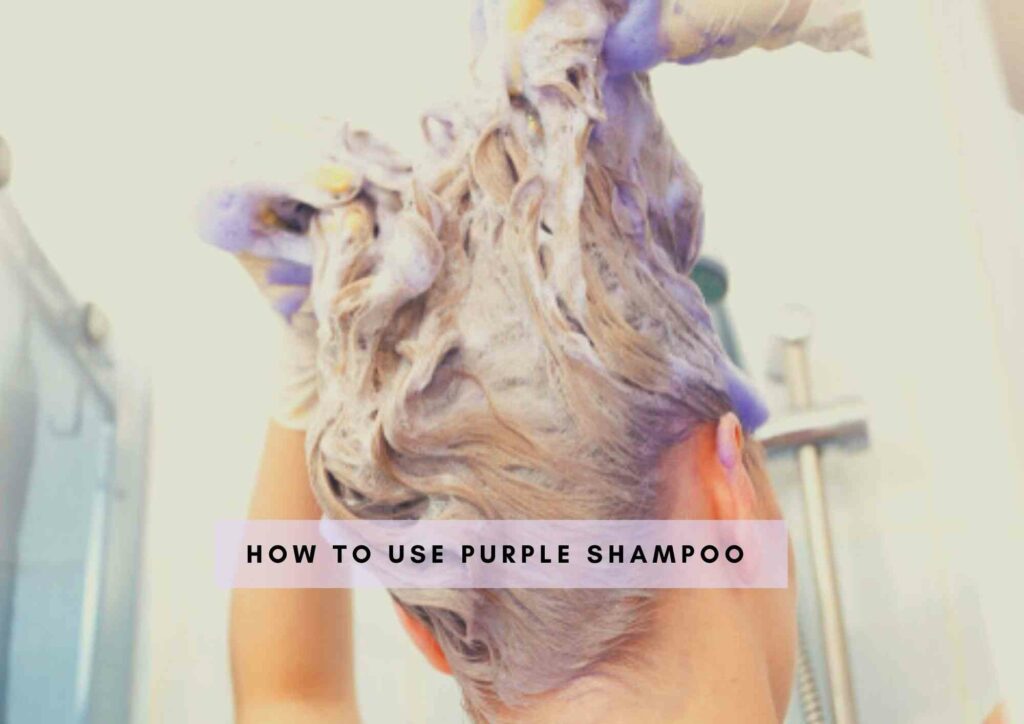In this article, I will be answering the question, “can I henna my hair while pregnant” and clearing up all the doubts that come with it.
Rocking a radiant glow during pregnancy? As a hairstylist with over 10 years of experience, I know the allure of henna’s natural charm. But can it color your hair without coloring your worries while expecting? Let’s explore the world of henna, from its vibrant traditions to safety considerations.
We’ll dive deep into different types, address potential risks, and unveil alternative options to ensure both you and your precious bundle shine with confidence. This isn’t just hair advice, it’s expert insight for a worry-free, beautiful pregnancy glow!
Can I Henna My Hair While Pregnant?
Yes, Natural henna, derived from the henna plant and containing no added chemicals, is generally considered safe for use during pregnancy. This type of henna produces a brown color and acts as a semi-permanent hair dye.
However, black henna often contains a chemical called para-phenylenediamine (PPD), which can be harmful during pregnancy. PPD can cause allergic reactions and skin irritation, and some studies suggest it might be linked to birth defects. It’s illegal to use PPD in hair products in many countries due to safety concerns.
Can You Get Henna Brows While Pregnant?
Getting henna brows is usually considered safe when pregnant.
Henna brows offer a semi-permanent solution to shaping your eyebrows. Unlike traditional tattooing, henna dye is made from plant-based ingredients that aren’t harmful to your skin or your baby.
Henna dye contains only natural ingredients, including henna powder, lemon juice, and essential oils. It is free of any synthetic dyes or chemicals, which can be harmful to your baby.
However, some women may choose to avoid henna brows during pregnancy due to the possibility of an allergic reaction. An allergic reaction to henna dye is rare but can occur and lead to redness, swelling, and itching of the skin.
It’s important to note that getting henna brows from a reputable and experienced brow technician is crucial, as they’ll use quality, safe henna dye. It’s always best to consult with your healthcare provider before booking any cosmetic procedure while pregnant.
In summary, it’s generally safe to get henna brows while pregnant. However, if you have any concerns, it’s always best to check with your doctor first. Opting for non-chemical cosmetic procedures during pregnancy is always a smart choice.
Related: Can I Mix Yogurt In Henna For Conditioning Hair
Related: Can I Use Henna For Natural Hair
Why Natural Henna Is Safer Than Hair Dyes For Pregnant Women?
As an expecting mother, you’re no stranger to the warnings and precautions that come with pregnancy.
From avoiding certain foods to getting enough rest, you’re doing everything you can to keep both you and your baby healthy. But what about your hair? Can you still use hair dye or color your tresses with henna during pregnancy?
While hair dyes often contain harmful chemicals, natural henna is a safe and non-toxic alternative.
Unlike chemical dyes, natural henna is made from the leaves of the henna plant and doesn’t contain any harmful chemicals like ammonia, peroxide or PPD (p-Phenylenediamine). It’s completely natural, meaning it’s free of synthetic ingredients that can cause damage to your hair and scalp.
When applied correctly, henna creates a strong and protective coating around each hair strand. This coating helps improve the overall health of your hair by sealing in moisture, strengthening the hair shaft, and promoting healthy hair growth.
The best part? Henna can be safely used during pregnancy as it does not penetrate the hair shaft or enter the bloodstream, making it a great choice for expectant mothers who want to keep their hair healthy and vibrant.
Natural henna is an excellent way to color your hair safely during pregnancy. It offers a safe alternative to chemically-laden hair dye, and provides additional benefits for your hair’s overall health.
So go ahead and give your hair the natural treatment it deserves and experience all the amazing benefits of henna without any worries.
Is Henna Or Indigo A Better Option During Pregnancy To Dye Hair?

When it comes to hair dyeing during pregnancy, many expecting mothers may opt for a safer option, and henna and indigo are two such options. Both these dyes are plant-based and free of harmful chemicals, making them a popular choice among pregnant women. However, you may be wondering, which of these two is the better option?
Henna is a natural hair dye that is derived from the leaves of the henna plant. It is known for its ability to penetrate and strengthen hair while giving it a bold red color. Indigo, on the other hand, is a blue plant-based dye that is typically used in combination with henna to achieve a black or dark brown hair color.
While both henna and indigo are natural, there are a few factors to consider when deciding which is the better option for you during pregnancy. Firstly, indigo may have more potential side effects than henna, such as causing skin irritation or an allergic reaction. However, these side effects are rare, and most people can use henna without any issues.
Another consideration is color preference. If you prefer a red or orange hair color, then henna is the way to go. However, if you want a darker shade, then a combination of henna and indigo may be a more suitable option.
Both henna and indigo are great options for expecting mothers who want to dye their hair during pregnancy. Ultimately, it comes down to personal preference and the desired hair color. Be sure to do a patch test and consult with your healthcare provider before using any hair coloring products during pregnancy.
Are Color Depositing Dyes Better Than Henna For Hair During Pregnancy?

As much as we love our hair, it’s important to remember that during pregnancy, we need to prioritize the health of ourselves and our growing babies. When it comes to coloring hair during pregnancy, there is always a debate over what’s safe and what’s not.
While some women may lean towards color depositing dyes, others look towards henna as a natural alternative. But are color depositing dyes better than henna for hair during pregnancy?
While color depositing dyes are a popular choice, they often contain harsh chemicals such as ammonia and hydrogen peroxide, which can be detrimental to a developing baby.
These chemicals can be absorbed through the scalp and may affect the baby’s health. Additionally, these dyes can be damaging to hair, leaving it dry and brittle.
On the other hand, henna is an all-natural alternative that does not contain any chemicals and is considered safe for pregnant women. In fact, henna has been used for centuries in various cultures as a natural hair dye. Not only does it add color, but it also conditions and strengthens the hair.
It’s important to note that not all henna is created equally, and some henna products may contain chemical additives. Make sure to read the label and choose a pure, natural henna product.
While color depositing dyes may provide a quick fix for hair coloring during pregnancy, they can be harmful and damaging. Henna is a safe and natural alternative that can still give you the desired color while also nourishing your hair.
Always consult with your healthcare provider before making any decisions regarding your hair during pregnancy.
How To Cover Grey Hair During Pregnancy Using Natural Methods?
During pregnancy, many women find themselves facing the challenge of covering greying hair without using harsh chemicals or dyes. Fortunately, there are natural methods available for those looking to transform their greys while keeping their baby’s health in mind.
One popular option is henna. Derived from the Henna plant, this natural dye has been used for centuries to dye hair and decorate skin. It contains zero ammonia or peroxide and is applied as a paste, meaning it’s not absorbed into the bloodstream, making it completely safe for pregnant women.
Another natural method to cover grey hair during pregnancy is to use black tea. Simply brew strong black tea, let it cool, and rinse it through your hair. This will give your hair a natural-looking, subtle brown color whilst acting as a temporary dye.
If tea and henna aren’t your thing, try using lemon juice. This method is not only natural, but it’s also cost-effective. Simply mix equal parts lemon juice and water, apply it to your hair, leave it on for a few hours, then rinse it out. Your hair will have a nice, light golden tint.
One last tip is to use a hair mask. Mix a tablespoon of olive oil with a tablespoon of honey and apply it to your hair. Leave it on for 30 minutes, then rinse it out. This will deeply condition your hair, and, if done weekly, will help darken your greys over time.
In summary, there are several natural methods available to pregnant women looking to cover greys. Whether you choose henna, black tea, lemon juice, or a hair mask, you can feel confident that you’re not only looking after your hair but also your pregnancy.
The question of whether one can henna their hair while pregnant is a common concern among expecting mothers. While henna is a natural and safe alternative to chemical dyes, it is important to exercise caution when using it during pregnancy.
While there are no concrete studies that prove its safety during this time, many women have used it without any negative effects on their pregnancies.
It is advisable to consult with a medical professional before using henna or any other beauty product during pregnancy. This will provide peace of mind and give you the necessary information to make an informed decision.
Also Read:
- How To Mix Henna And Coffee For Coloring Hair
- Will Adding Coconut Oil To Henna Make Hair Softer
- How To Mix Henna With Lemon Juice For Unbleached Hair
- How Long Does Henna Last On Straight Hair
To Summarize

